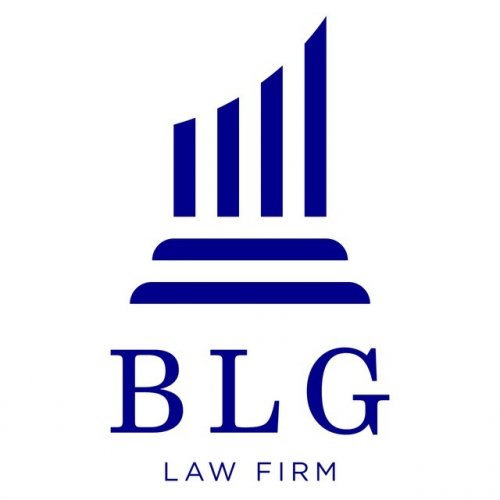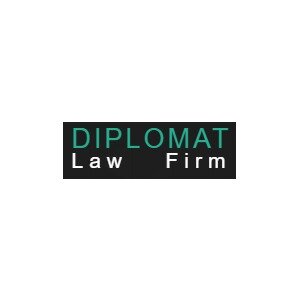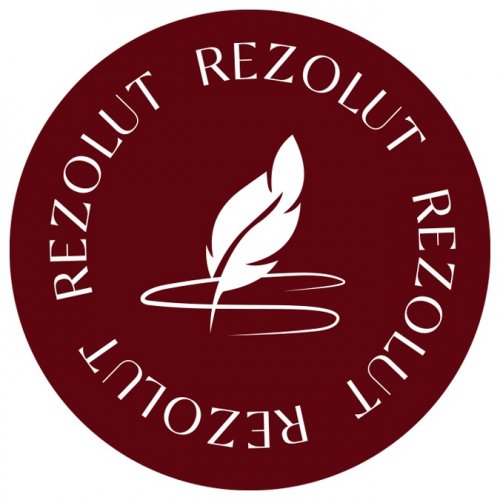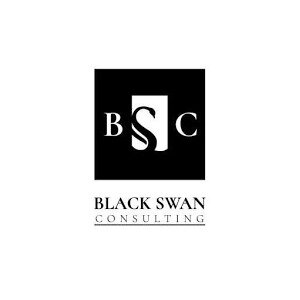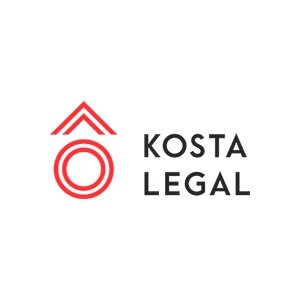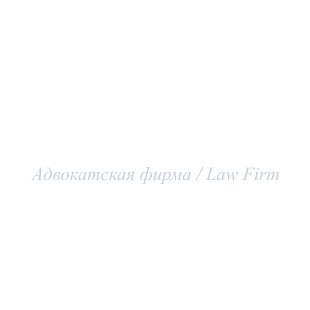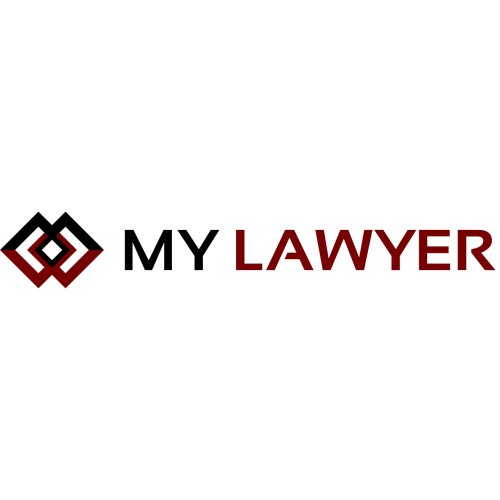Best Sanctions & Export Controls Lawyers in Uzbekistan
Share your needs with us, get contacted by law firms.
Free. Takes 2 min.
Or refine your search by selecting a city:
List of the best lawyers in Uzbekistan
About Sanctions & Export Controls Law in Uzbekistan
Sanctions and export controls law in Uzbekistan refers to the set of national laws and regulations that govern the movement of goods, technology, software, and services across Uzbek borders. These controls are designed to comply with international obligations, protect national security, prevent the proliferation of weapons, and uphold foreign policy interests. Uzbekistan's legal framework on sanctions and export controls aligns with United Nations Security Council Resolutions and its own state interests. For businesses, organizations, and individuals involved in international trade or transactions with foreign partners, understanding these laws is crucial to avoid violations which could result in significant penalties.
Why You May Need a Lawyer
Navigating sanctions and export controls in Uzbekistan can be complex. You may need legal assistance in situations such as:
- Conducting cross-border transactions involving restricted goods, technology, or services.
- Dealing with international partners from countries subject to Uzbek or international sanctions.
- Seeking licenses or permissions to export or import dual-use items.
- Facing investigations or enforcement actions related to potential sanctions or export controls violations.
- Ensuring compliance and building internal controls for your business operations in Uzbekistan.
- Responding to changes in laws or being notified about newly imposed sanctions by the Uzbek government or international organizations.
- Addressing potential reputational or financial impacts due to inadvertent violations.
A qualified lawyer can help interpret laws, assess risks, secure required authorizations, and represent you before regulatory bodies in Uzbekistan.
Local Laws Overview
Uzbekistan’s regulatory environment on sanctions and export controls is shaped by several key laws and government decrees:
- Law on State Regulation of Foreign Trade Activities - Sets the foundation for the country’s approach to controlling the export and import of goods, services, intellectual property, and technologies.
- Legislation on Strategic and Dual-Use Goods - Dictates what items and technologies require special licenses for export, particularly items with both civilian and military applications.
- Government Decrees and Presidential Resolutions - Periodically update lists of restricted products, sanctioned individuals or entities, and outline specific compliance obligations.
- International obligations - Uzbekistan is a member of the United Nations and must implement UN Security Council sanctions resolutions, including embargoes on certain goods or interaction with designated individuals or countries.
- Penalties and Enforcement - Violations of sanctions or export control laws can result in administrative or criminal liability, including large fines, business restrictions, or even imprisonment.
Businesses engaged in import or export must ensure proper classification of goods, secure the right licenses, update their internal policies in line with changing lists, and undertake adequate due diligence, especially when dealing with new partners or countries that may be subject to sanctions.
Frequently Asked Questions
What are export controls in Uzbekistan?
Export controls in Uzbekistan are regulations that oversee the transfer, shipment, or movement of selected goods, technologies, or services to foreign countries. These controls aim to maintain national security, fulfill international obligations, and prevent illegal or dangerous transfers.
Who enforces sanctions and export control laws in Uzbekistan?
Enforcement is primarily handled by the State Customs Committee, the Ministry of Foreign Trade, and, for specific sectors, other relevant government agencies. These bodies issue licenses, monitor compliance, and impose penalties for violations.
Which goods are typically subject to export controls?
Goods that are often controlled include weapons, military technology, dual-use items (products with both civilian and military uses), sensitive chemicals, advanced electronics, and some types of software or encryption technology.
Do I need a license to export goods from Uzbekistan?
You may need an export license for strategic, dual-use, or otherwise controlled goods. The requirement depends on the nature of the goods, destination country, and the parties involved in the transaction.
What are the main penalties for violating sanctions or export controls?
Violations can result in administrative fines, withdrawal of business licenses, seizure of goods, and, in severe cases, criminal prosecution with potential imprisonment.
Are there any automatic prohibitions on transactions with certain countries or entities?
Yes. Uzbekistan implements sanctions imposed by the United Nations and may also institute national bans against specific countries, individuals, or entities for security or foreign policy reasons.
How can a company in Uzbekistan ensure compliance?
Companies should develop robust compliance programs, conduct regular training, monitor regulatory updates, conduct due diligence before international transactions, and consult legal experts for complex situations.
Can sanctions affect personal remittances or money transfers?
Yes. Sanctions can restrict the ability to transfer money or provide financial services to certain countries, individuals, or organizations listed on sanctions registers.
How frequently do sanctions and export control lists change?
These lists can change frequently, especially in response to international developments or government decisions. Businesses should monitor official announcements regularly.
What should I do if I suspect a potential violation?
You should consult a qualified lawyer immediately, halt any potentially non-compliant activity, and prepare to fully cooperate with authorities or regulatory investigations.
Additional Resources
If you need more information or guidance on sanctions and export controls in Uzbekistan, you can refer to the following resources:
- State Customs Committee of Uzbekistan
- Ministry of Foreign Trade of Uzbekistan
- The Ministry of Investments, Industry and Trade
- The Agency for Strategic Reforms under the President of Uzbekistan
- Legislation databases such as the National Legal Database (Lex.uz)
- United Nations Security Council Sanctions Committees
- Major law firms and legal consultants specializing in international trade and compliance
Next Steps
If you believe your business or personal activities may be affected by Uzbek sanctions or export controls, consider taking the following steps:
- Gather all relevant information related to your activities, such as goods classifications, transaction details, and counterparties.
- Review current laws, government notices, and any applicable lists of controlled goods or sanctioned entities.
- Consult a lawyer experienced in sanctions and export controls to assess your compliance status and obtain tailored advice.
- If necessary, initiate procedures to apply for export licenses or seek exemptions.
- Establish or update your internal compliance programs and conduct regular staff training.
- If you are under investigation or face enforcement action, work with your lawyer to prepare a response and gather supporting evidence.
By taking these actions, you can help ensure compliance, avoid legal pitfalls, and maintain the integrity of your personal or commercial activities in Uzbekistan.
Lawzana helps you find the best lawyers and law firms in Uzbekistan through a curated and pre-screened list of qualified legal professionals. Our platform offers rankings and detailed profiles of attorneys and law firms, allowing you to compare based on practice areas, including Sanctions & Export Controls, experience, and client feedback.
Each profile includes a description of the firm's areas of practice, client reviews, team members and partners, year of establishment, spoken languages, office locations, contact information, social media presence, and any published articles or resources. Most firms on our platform speak English and are experienced in both local and international legal matters.
Get a quote from top-rated law firms in Uzbekistan — quickly, securely, and without unnecessary hassle.
Disclaimer:
The information provided on this page is for general informational purposes only and does not constitute legal advice. While we strive to ensure the accuracy and relevance of the content, legal information may change over time, and interpretations of the law can vary. You should always consult with a qualified legal professional for advice specific to your situation.
We disclaim all liability for actions taken or not taken based on the content of this page. If you believe any information is incorrect or outdated, please contact us, and we will review and update it where appropriate.
Browse sanctions & export controls law firms by city in Uzbekistan
Refine your search by selecting a city.



